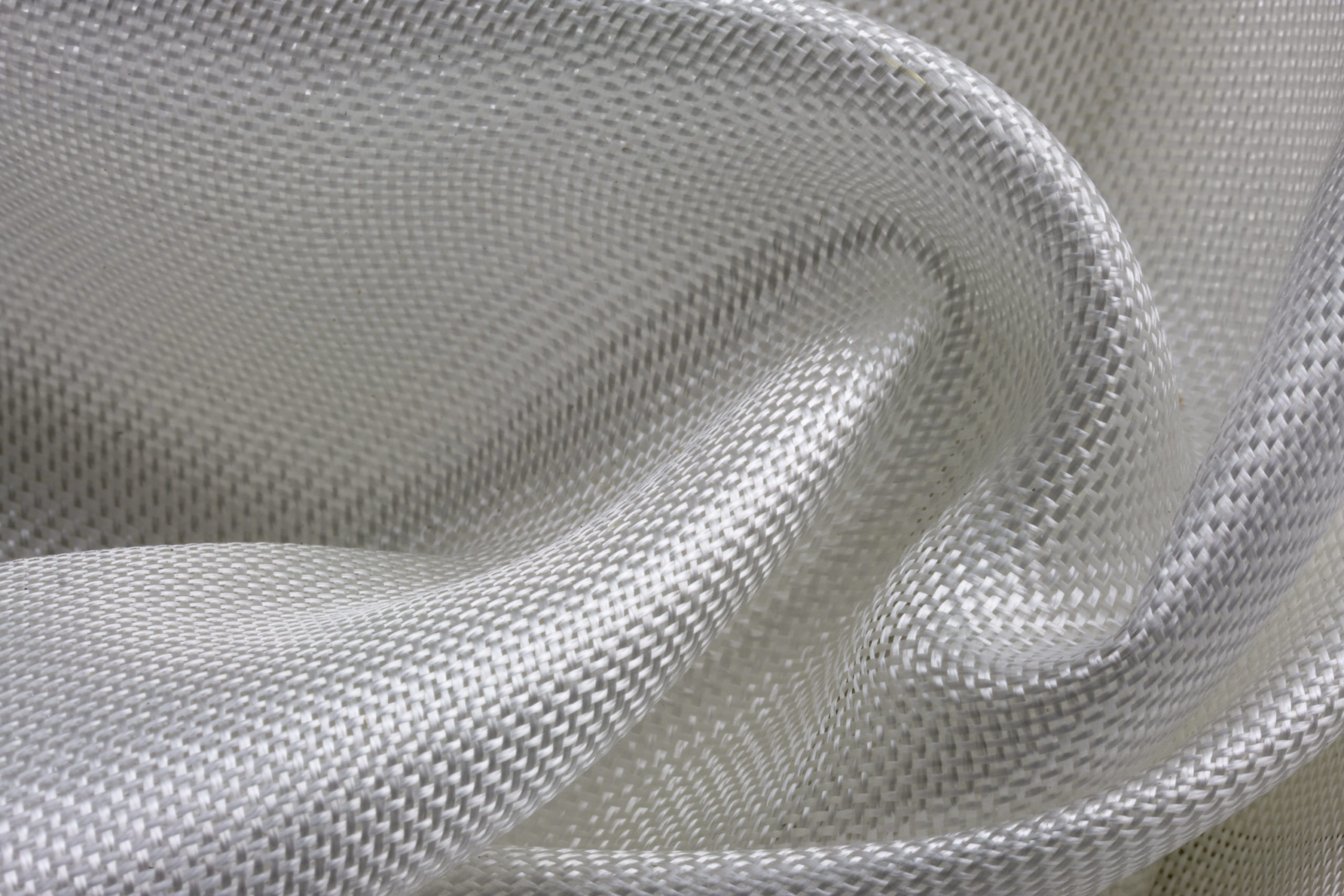
Despite the low number of employees in the fiberglass industry, it continues to grow and this material is in demand for manufacturers of boats, automobiles, planes, and more.
If you’re working on a project and considering using fiberglass, it’s important to understand all of the fiberglass properties. These will help you make your final decision as to whether or not it will work for your application.
Keep reading to learn more about fiberglass material properties so you can see how well it will work for your next project.
What is Fiberglass?
As its name suggests, fiberglass is made of glass that’s been made into fibers. Melted and forced through tiny holes that turns it into long fibers. Also, woven together to form sheets or left in long fibers such as insulation.
Fiberglass is often mixed with resin or other materials to form composite materials for various applications. This gives even greater flexibility in what properties fiberglass has.
Fiberglass Properties
Let’s dig into some of the most important fiberglass properties you need to know before you can use this material in your next project.
Strong
Fiberglass is incredibly strong which is why it’s so often used in high-performance composites. It has a specific resistance greater than that of steel. At the same time, it’s lightweight and has other properties that make it a great choice over other composites.
Electrical Insulator
Glass does not conduct electricity, which makes it a great option for products that come into contact with electricity or could be dangerous if they conducted electrical currents.
Heat Insulator
Glass is also resistant to heat and does not conduct it well. Therefore, often used as housing insulation. Additionally, it doesn’t expand or contract much as the temperature changes which allows products to maintain their size and shape in a variety of conditions.
Non-flammable
Another fiberglass property that makes it a great choice for insulation and other applications is the fact that it is non-flammable. Exposure to heat also doesn’t create smoke or release any toxins, making it safe to use in hot temperatures.
Compatible with Other Materials
The last reason you may want to use fiberglass in your next project is that it is compatible with a number of other materials. These include:
- Synthetic resins
- Cement
- Plaster
When you can easily combine fiberglass with other organic and synthetic materials, you can change its properties to perfectly meet the requirements of your project.
Need Fiberglass Parts?
Now you know some of the fiberglass properties to help understand when and why you should be using this material. As you can see, fiberglass has a number of benefits that make it ideal for a number of different applications.
If you need fiberglass products or parts for a product, contact us today.
